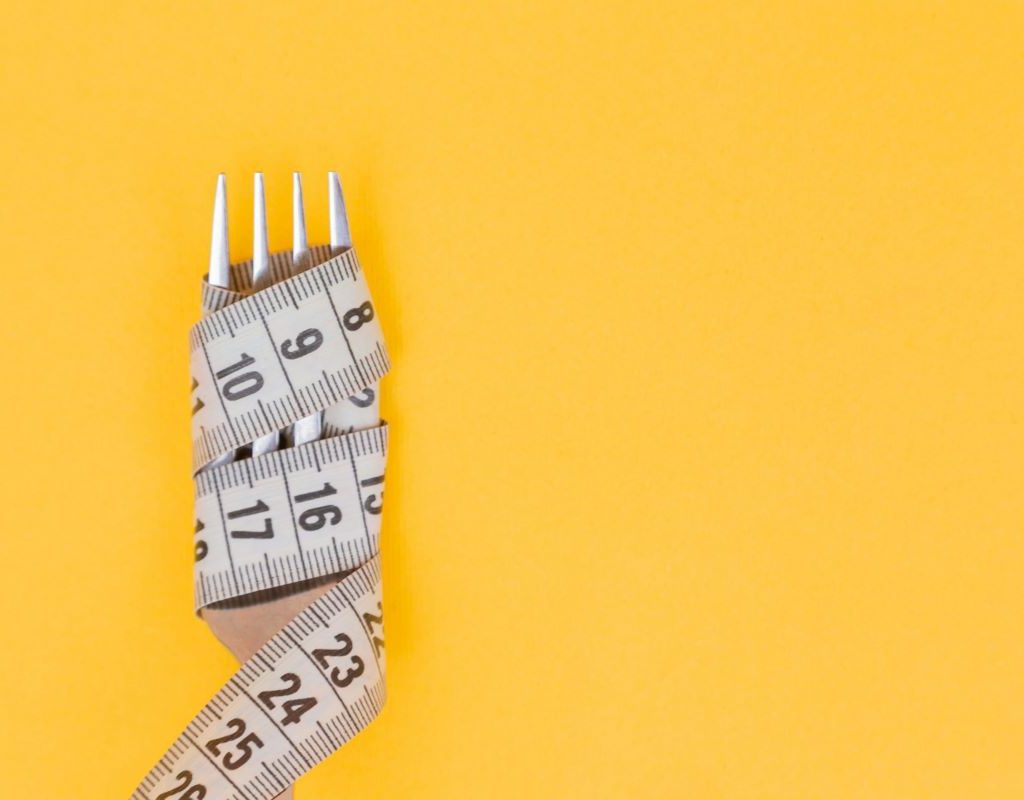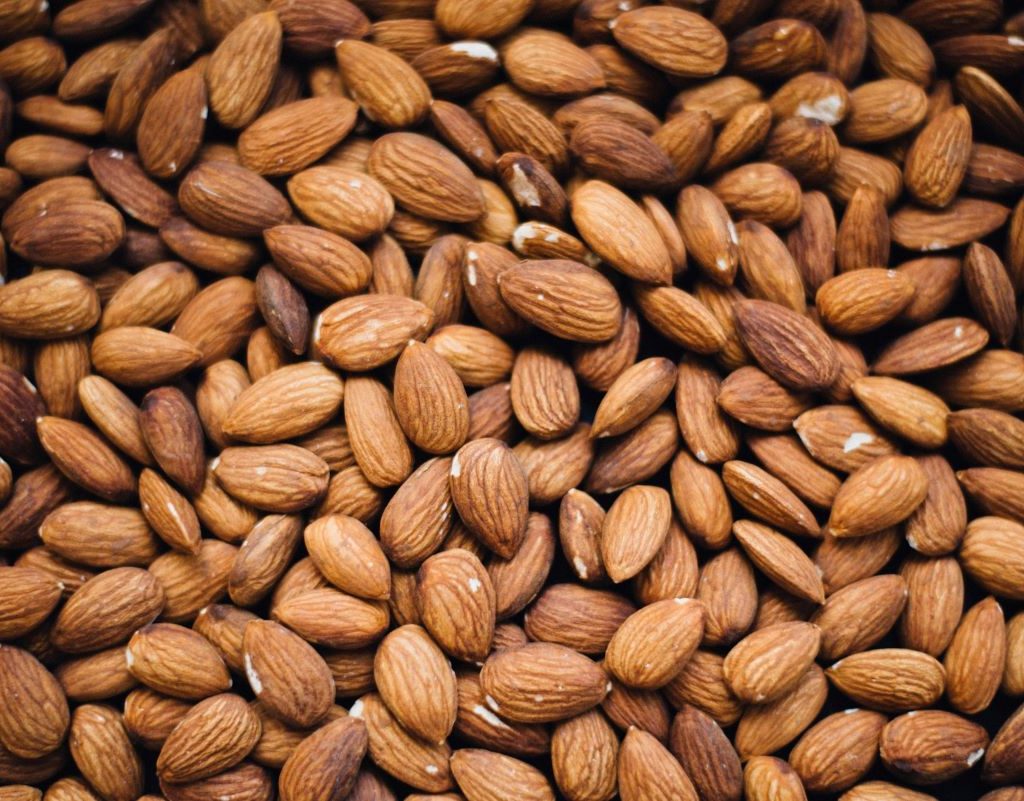
TikTok has become the go-to for lots of things, from dances to recipes to parenting styles. Popular parenting styles making the rounds on TikTok are gentle, crunchy, silky, and scrunchy. There are likely more, of course, but seasoned parents understand that parenting for most is a blend of several different styles. One particular parenting style most mothers want to steer clear of is becoming an almond mom.
If you’ve never heard of an almond mom, you’re probably not alone. Almond mom is a term that went viral on TikTok because of 10-year-old clips from The Real Housewives of Beverly Hills. The offending shorts show real housewife Yolanda Hadid giving eating advice to her then teen, Gigi Hadid. Gigi is now an international supermodel. Back then, her mom’s response to Gigi telling her she was “feeling really weak” after only eating half of an almond was to eat two more. Now, she did add to be sure to “chew them really well.” From this somewhat misguided motherly advice formed the term almond mom. Yolanda Hadid has since defended herself in an interview with People, saying her eating advice “was taken out of context.” The term has stuck though, but what is an almond mom?
Almond mom meaning

Being an almond mom doesn’t really have anything to do with eating almonds. Almonds are actually a healthy snack and full of protein. An almond mom, though, is one overly concerned with their children being thin. Almond moms are often preoccupied with dieting and teach kids unhealthy eating habits.
There are two types of almond moms. One focuses on what foods their kids are putting into their bodies, while the other imparts unhealthy and unrealistic food habits through their own preoccupation with what they eat. Both can be equally damaging to kids by leading them down the path to having a negative relationship with food and their bodies.
What’s so bad about being an almond mom?

On the surface, being an almond mom doesn’t sound so terrible. Isn’t it a parent’s job to promote healthy eating habits in their children? With obesity a growing problem in kids and teens, it is important to teach kids how to eat healthy and why exercise is key to a healthy lifestyle. The problem with being an almond mom is the obsessive nature of desiring to be thin.
While it may seem like being an almond mom is new, it isn’t. Fat-shaming has long been a part of our culture. There have always been weight loss plans, fad diets, weight loss supplements, exercise programs designed to lose weight, and more. Just scroll through Instagram and see how many diet and exercise plans pop up.
Kids today may see plus-size models, but that simply wasn’t the case in the ’60s, ’70s, ’80s, and ’90s. Thin has always been in and almond moms have been there through the decades asking kids if they really need that ice cream and sending them off to fat camps. There just wasn’t a name for it. The negative impact has always been there as well.
Why being an almond mom is problematic

The focus on being thin is not on being healthy. Fad diets, extreme exercise, and fat phobia all lead kids down the road toward a love/hate relationship with food. This type of negative interaction with food can lead to eating disorders like bulimia, binge eating, and anorexia, as well as depression. An overall dislike of their bodies can also cause low self-esteem in kids and teens.
How to avoid being an almond mom

Parents can be almond moms or dads, for that matter, when they obsess about their own bodies and what goes into them. If parents are constantly talking about being overweight or not wanting to get fat, they are subconsciously putting the same ideas into their children’s minds.
Remember, parents are their kids’ primary role models. So, not eating the same foods as your kids at dinner or hopping on the latest fad diet bandwagon is almond mom behavior. Yes, obesity is a problem in the U.S. and a growing one for kids. Restricting your child’s food consumption, putting them on fad diets, or making them do crazy exercise programs is an almond mom in a nutshell.
Instead, focus on creating a healthy lifestyle for the whole family with these simple tips.
- Avoid labeling foods as good or bad. Cupcakes aren’t public enemy number one. Food shaming starts kids down the road to a negative relationship with food. Sweets aren’t awful. They just shouldn’t be a part of every meal or snack.
- Don’t focus on the scale. You don’t want kids to fear hopping on the scale during their well visits like most adults do.
- Get kids involved in meal prep and cooking. Kids learn by doing. So, plan and make healthy meals and lunches together. Take the children food shopping. All these things are life skills your kids will take with them when they go to college.
- Lead by example. It’s not just for the locker room. When you model a healthy balance of proteins, fruits, veggies, carbs, and the occasional sweet treat, kids learn how to make healthy food choices on their own.
- Encourage better hydration. Kids need to hydrate just like adults. Beverage choices should be healthy, too. So, model healthier drink choices like water, milk, and milk alternatives. Again, don’t label soda, fruit juice, and sports drinks as bad. An occasional glass of lemonade or sports drink is OK.
- Don’t talk about their bodies or your own. Avoid expressions like “does this make me look fat?”
- Avoid fat shaming others. Don’t talk about how much weight Aunt Susie put on after the wedding in front of the kids.
- Exercise as a family by going for daily walks, bike rides, or playing games that encourage movement outside. On the weekend, try doing family-friendly activities that get everyone moving, like ice skating and hiking.
- If your kids are interested in sports, encourage it, but don’t force it, because being active will keep them thin.
- If you do have concerns about any weight gain or excessive loss, talk to your pediatrician privately.
Almond moms have been around for ages. There just wasn’t a name for it. Thanks to TikTok, there is now a label for being a diet and food obsessed parent. Being an almond mom doesn’t seem terrible on the surface. When you go deeper, though, having a preoccupation with what your child eats as well as an unhealthy focus on your own weight with constant dieting and fad weight loss programs encourages kids to have a love/hate relationship with food. A negative relationship with food can lead kids to develop eating disorders and depression. Instead, work on creating an overall healthy lifestyle that benefits the whole family by avoiding the pitfalls of being an almond mom.



